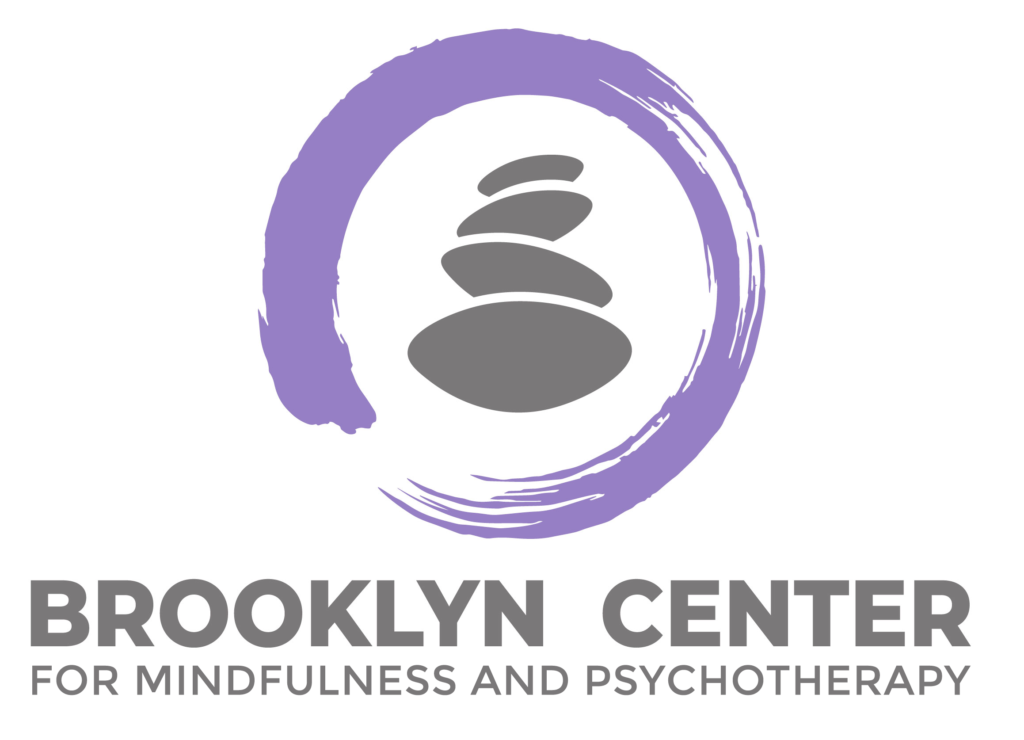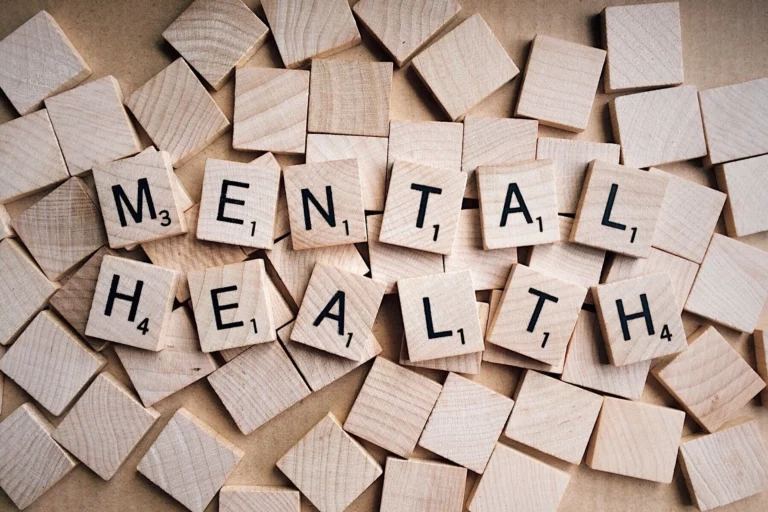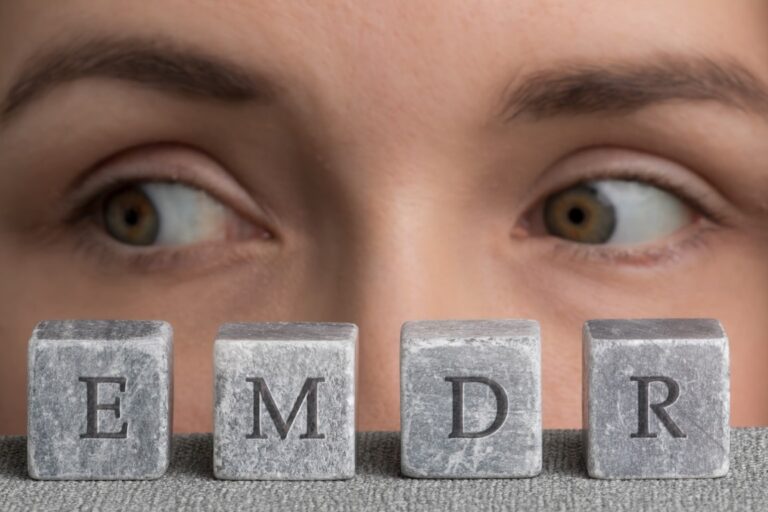Welcome to our blog, where we delve into “Breaking the Stigma: Mental Health Support and Resources.” In today’s fast-paced world, mental health has emerged as a pressing concern affecting millions. Despite its prevalence, a significant stigma remains attached to seeking help and support for mental health issues. This article will explore the importance of eradicating this stigma and highlight the various resources and support available for those in need. Join us as we uncover the power of awareness, compassion, and understanding in fostering a healthier and more inclusive society.
What is Mental Health?
Mental health refers to the overall state of an individual’s psychological and emotional well-being. It encompasses a range of factors, including one’s ability to cope with stress, maintain healthy relationships, and function effectively in daily life. Mental health is a growing concern in New York, with many individuals struggling with anxiety, depression, and substance abuse. Fortunately, many resources are available to help those in need, including counseling services, support groups, and community outreach programs. Individuals can lead happier and healthier lives by prioritizing mental health and seeking the support they need.
Early Warning Signs & Symptoms
Identifying early warning signs and symptoms of mental health conditions is crucial for timely intervention and support. Here are the signs and symptoms can include:
- Persistent sadness or low mood: Feeling sad, hopeless, or experiencing prolonged unhappiness.
- Anxiety and excessive worry: Constantly feeling anxious, experiencing panic attacks, or having irrational fears.
- Changes in appetite or weight: Significant weight gain or loss, changes in eating patterns, or loss of interest in food.
- Sleep disturbances: Difficulty falling asleep, staying asleep, or experiencing excessive sleepiness.
- Loss of interest or pleasure: Losing interest in activities previously enjoyed, social withdrawal, or decreased motivation.
- Fatigue or lack of energy: Feeling tired, lacking energy, and experiencing a decline in physical or mental stamina.
- Difficulty concentrating or making decisions: Struggling to focus, experiencing memory problems, or having trouble making choices.
- Irritability or mood swings: Frequent irritability, angry outbursts, or noticeable mood changes.
- Social withdrawal: Avoiding social interactions, isolating oneself from friends and family, or experiencing a decline in social functioning.
- Physical symptoms without apparent cause: Unexplained headaches, stomachaches, body aches, or other physical complaints.
- Substance abuse: Increased reliance on alcohol, drugs, or other substances to cope with emotions or stress.
- Suicidal thoughts or self-harming behaviors: Thoughts of self-harm or suicide, expressing hopelessness, or engaging in self-destructive behaviors.
Treatment Options for Mental Health Conditions
In New York, several treatment options are available for mental health conditions. If you or someone you know is experiencing a mental health crisis, it’s essential to seek help from a qualified healthcare provider or contact emergency services immediately.
- Psychotherapy: Psychotherapy, also known as talk therapy, involves meeting with a licensed mental health professional to discuss your thoughts, feelings, and behaviors. Therapists use various approaches to address different mental health conditions, such as cognitive-behavioral therapy (CBT), dialectical behavior therapy (DBT), and psychodynamic therapy.
- Medication: Psychiatric medications can be prescribed by psychiatrists or other healthcare providers specializing in mental health. These medications can help manage symptoms of mental health conditions, such as depression, anxiety, bipolar disorder, or schizophrenia. Consulting a healthcare professional for appropriate diagnosis and medication management is essential.
- Support Groups: Support groups provide a space for individuals with similar mental health conditions to share their experiences and coping strategies and support each other. They can be facilitated by mental health professionals or organized by community organizations. These groups can be beneficial in reducing feelings of isolation and providing emotional support.
- Inpatient Treatment: In severe cases or during a mental health crisis, inpatient treatment may be necessary. This involves admission to a psychiatric hospital or specialized mental health facility where individuals receive intensive treatment, including medication management, therapy, and a safe environment for stabilization.
- Intensive Outpatient Programs (IOP): IOPs provide structured treatment for individuals who require more intensive care than traditional outpatient therapy but do not require 24-hour supervision. These programs typically involve multiple weekly therapy sessions, including group therapy, individual therapy, and psychoeducation.
- Community Mental Health Centers: New York has community mental health centers that offer a range of mental health services, including diagnosis, counseling, therapy, and medication management. These centers often serve individuals with limited financial resources and provide sliding-scale fees or accept insurance.
- Online Resources: With the advancement of technology, online platforms, and telehealth services have become more accessible for mental health treatment. These platforms offer virtual therapy sessions, online support groups, and mental health apps that can be accessed from the comfort of your home.
The Benefits of Seeking Mental Health Support
Seeking mental health support in New York can be incredibly beneficial for individuals struggling with various mental health issues. One of the most significant benefits of seeking support is that it can help individuals improve their overall quality of life.

Mental health professionals can work with patients to develop coping strategies and provide them with tools to manage their symptoms effectively. This can help individuals feel more in control of their lives and experience greater satisfaction and happiness.
Another advantage of seeking mental health support is that it can help prevent developing or worsening mental health conditions. Early intervention is critical when managing mental health issues, and seeking support as soon as possible can make a significant difference in an individual’s recovery. With the right treatment plan, people can learn how to manage their symptoms and improve their overall mental wellness, leading to a better quality of life in the long run. If you’re struggling with your mental health, know that resources are available, and taking advantage of these resources could be one of the best decisions you ever make.
Why is it Important to Have Mental Health Support?
Having mental health support in New York is important because the city can be a high-stress environment that can take a toll on one’s mental well-being. With its fast-paced lifestyle, intense work culture, and constant noise and stimulation, it’s no surprise that many individuals in New York struggle with mental health issues such as anxiety and depression. Mental health support services such as therapy, counseling, and support groups can provide individuals with the tools they need to manage their mental health and improve their quality of life.
Furthermore, mental health support is essential for breaking down the stigma surrounding mental illness in New York. By seeking help and speaking openly about their experiences with mental illness, individuals can help reduce the shame and isolation that often come with these conditions. Mental health support services can also provide education and resources to help individuals better understand mental illness and how to best care for themselves or loved ones who may be struggling. Overall, mental health support is crucial for ensuring that all individuals in New York have access to the care and resources they need to live healthy, fulfilling lives.

Tips for Living Well with Mental Health Conditions
Living well with mental health conditions in New York or any other location requires a holistic approach that addresses various aspects of your life. Here are some tips to help you live well with mental health conditions in New York:
- Seek professional help: Find a mental health professional who can provide the support and treatment you need. Look for psychiatrists, psychologists, therapists, or counselors specializing in your condition.
- Research mental health resources: New York has numerous mental health resources available, including community clinics, support groups, and nonprofit organizations. Take the time to research and identify these resources to supplement your treatment and provide additional support.
- Build a support network: Connect with others who understand your experiences and can provide help. Join local support groups or online communities where you can share your challenges and learn from others.
- Prioritize self-care: Make self-care a priority in your daily routine. Engage in activities that promote your well-being, such as regular exercise, healthy eating, sufficient sleep, and relaxation techniques like meditation or mindfulness.
- Manage stress: Living in a bustling city like New York can be stressful. Find healthy coping mechanisms to manage stress, such as practicing deep breathing exercises, engaging in hobbies, or taking breaks to enjoy nature in the city’s parks.
- Utilize available services: Take advantage of mental health services available in New York. This may include helplines, crisis intervention services, and mobile mental health units. Familiarize yourself with emergency contact numbers and hotlines that you can contact in times of crisis.
- Be aware of legal protections: Familiarize yourself with the protections afforded to individuals with mental health conditions in New York. This includes anti-discrimination laws, reasonable accommodations in the workplace, and access to mental health services.
- Stay engaged and connected: Isolation can worsen mental health conditions, so stay involved with your community. Attend local events, join interest-based groups, or volunteer for organizations that align with your values and interests.
- Advocate for yourself: Learn about your rights and advocate for your needs. Communicate openly with your healthcare providers, express your concerns, and ask questions. Participate in mental health advocacy efforts to raise awareness and promote positive change.
- Practice stress reduction techniques: New York City can sometimes be fast-paced and overwhelming. Incorporate stress reduction techniques into your daily routine, such as yoga, meditation, deep breathing exercises, or journaling. Find what works best for you and make it a regular part of your life.
Conclusion
In conclusion, Brooklyn Mindful in New York stands at the forefront of breaking mental health stigma by providing invaluable support and resources. Their commitment to fostering a compassionate and inclusive environment has created a haven for individuals seeking help. By offering a wide range of services and expert guidance, they empower people to prioritize their mental well-being and embark on a journey toward healing. If you or someone you know needs mental health support, don’t hesitate to contact Brooklyn Mindful. Remember, together; we can dismantle the barriers that hinder mental health conversations and create a brighter, healthier future for all.




